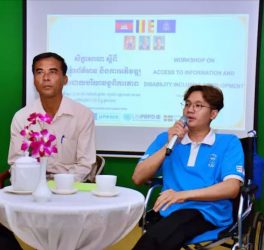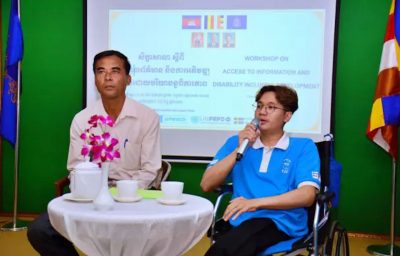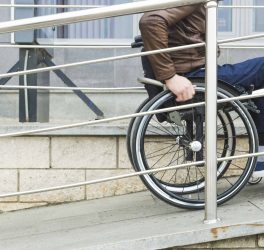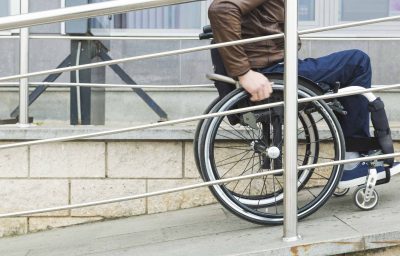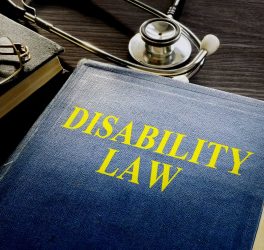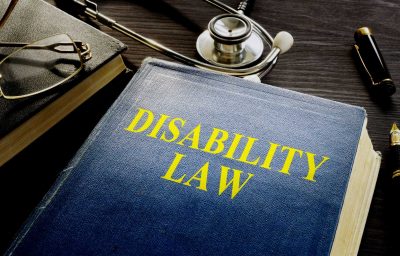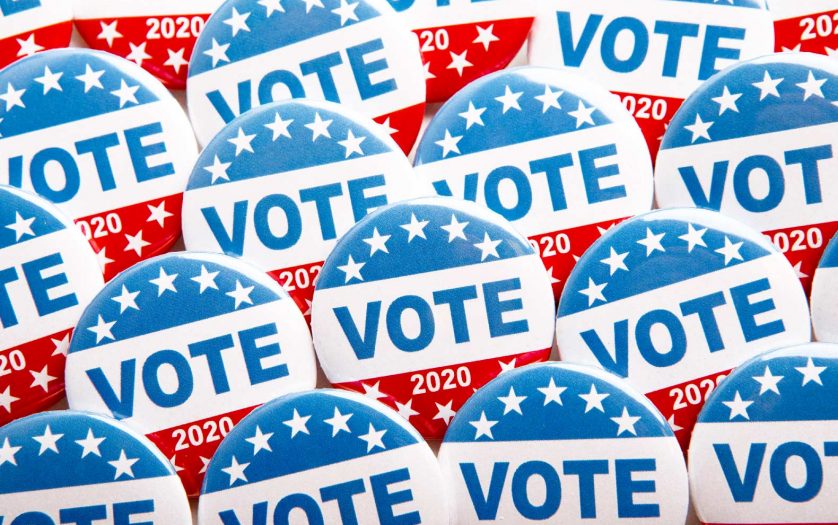
Several advocacy groups, including the American Diabetes Association (ADA), AARP and AARP Foundation, filed an amicus brief in the U.S. Supreme Court to help defend the rights of older Alabama voters and those with chronic illnesses.
This follows a historic federal court ruling in Alabama earlier this month prioritizing the health and safety of voters living with chronic conditions. In a move demonstrating disregard for medically vulnerable Alabamians, Alabama Secretary of State John Merrill and the other defendants appealed the ruling of the U.S. Court of Appeals for the 11th Circuit, prompting the ADA, along with AARP and AARP Foundation, to file this brief with the Supreme Court in response.
The Paralyzed Veterans of America, National Disability Rights Network, Disability Rights Education and Defense Fund, Disability Rights Advocates, and Disability Rights North Carolina joined the brief with the ADA, AARP and AARP Foundation to voice their support for access to curbside voting. The New York law firm Holwell Shuster & Goldberg LLP represented the parties on the brief, pro bono.
“I implore the members of the Supreme Court to take the needs of Alabamians facing the greatest risk in the wake of COVID-19 into account as they consider this case,” said Tracey D. Brown, CEO of the ADA. “Not only would the barriers being considered by Alabama officials force many to choose between voting and their health, but because of the outsized impact of diabetes and other chronic conditions on most Americans, they would also effectively disenfranchise low-income Alabamians and people of color. The ADA will continue to fight for their rights through the election this November and beyond.”
“The right to vote is fundamental to who we are as a nation and voters must have an opportunity to vote safely, especially during a pandemic,” added AARP Foundation Senior Vice President for Litigation William Alvarado Rivera. “Prohibiting local authorities from making it easier for those at higher risk to vote in person is not only illegal, it’s unconscionable. No one should have to choose between risking their health — possibly their life — and casting their vote.”



